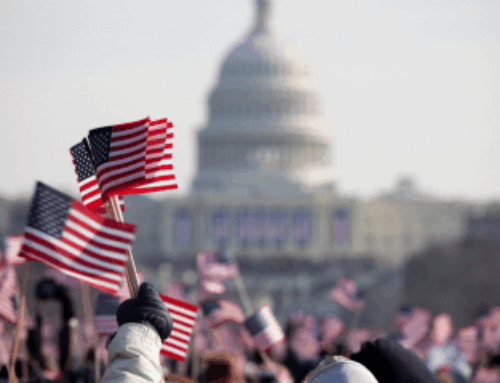On Sept. 30, 2021, the U.S. departments of Health and Human Services (HHS), Treasury, and Labor, along with the Office of Personnel Management, released a second interim final rule related to “surprise billing.” AASM previously published a summary of the No Surprises Act and an analysis of part 1 of the surprise billing interim final rule.
This regulation details the following:
1) Establishes an independent dispute resolution (IDR) process and timeline to determine out-of-network payment amounts between providers (including air ambulance providers) or facilities and health plans.
The No Surprises Act establishes a process and timeline for initiating the IDR process that may be used to determine rates when an all-payer model agreement or specified state law does not apply. The act seeks to minimize reliance on IDR by first requiring a 30-day negotiation period. This negotiation phase begins when the party seeking to negotiate payment disagreements opens a negotiation notice in writing (which may be in an electronic format), detailing the items or services in dispute, the initial payment or notice of denial, and an offer for the out-of-network rate. Parties may reach an agreement before 30 business days, but they may not proceed to the next phase before the 30 business days have expired. If negotiations fail, the provider or payer have four days after the end of the 30-day period to initiate the IDR process.
2) Requires good faith estimates of medical items or services for uninsured (or self-paying) individuals.
The No Surprises Act requires providers to give good faith estimates of items and services to uninsured (or self-pay) individuals before services are rendered. All providers and facilities must inquire about an individual’s health coverage status and provide a notification that the individual may receive a good faith estimate of the expected charges for furnishing the item or service. Good faith estimates must reflect the anticipated billed charges, including any discounts or other relevant adjustments that the provider or facility expects to apply, and be provided orally and in writing (HHS foresees a model notification) for advising the availability of good faith estimates. Where a state provides similar good faith requirements, providers and facilities must still comply with the federal good faith estimate requirements.
3) Establishes a patient-provider dispute resolution process for uninsured (or self-paying) individuals to determine payment amounts due to a provider or facility under certain circumstances.
The No Surprises Act establishes a patient-provider dispute resolution process under which an uninsured (or self-pay) individual who received a good faith estimate of expected charges may seek a determination of the amount to be paid if the billed charges substantially exceed the expected charges. The regulation provides eligibility details for this dispute resolution process, a definition of “substantially in excess,” which is defined as at least $400 over the good faith estimate, and further information on the select dispute resolution (SDR) procedure, which must be initiated within 120 calendar days of the patient receiving the bill. Where a state law provides a similar process for resolving disputes between an uninsured individual and a provider or facility, the state process should continue to apply if it meets or exceeds the act’s consumer protections. HHS will establish a procedure for determining whether a state patient-provider dispute resolution process provides at least the same level of consumer protections as the federal process.
4) Provides for external review of certain health plan decisions.
The No Surprises Act expands the scope of adverse benefit determinations eligible for external review to include determinations that involve whether a plan or issuer is complying with the surprise billing and cost-sharing protections. Grandfathered plans that are not otherwise subject to external review requirements will be subject to external review requirements for coverage decisions that involve whether a plan or issuer is in compliance with the surprise billing and cost-sharing protections under the act.
Read the CMS fact sheet for more information about part 2 of the surprise billing interim final rule.
AASM staff also will review part 3 of the surprise billing interim final rule and will share analysis with AASM members. Questions can be sent to coding@aasm.org.




